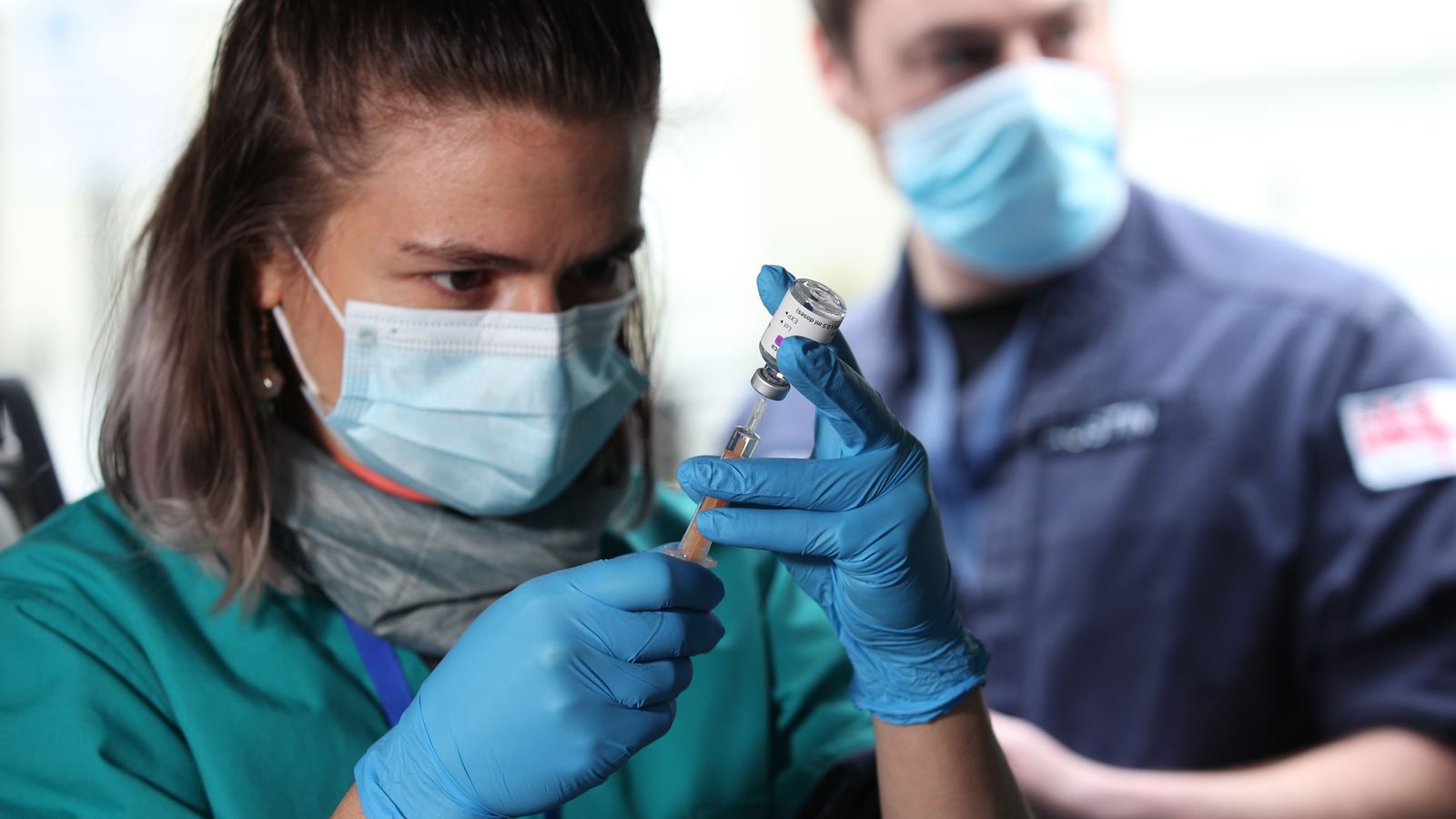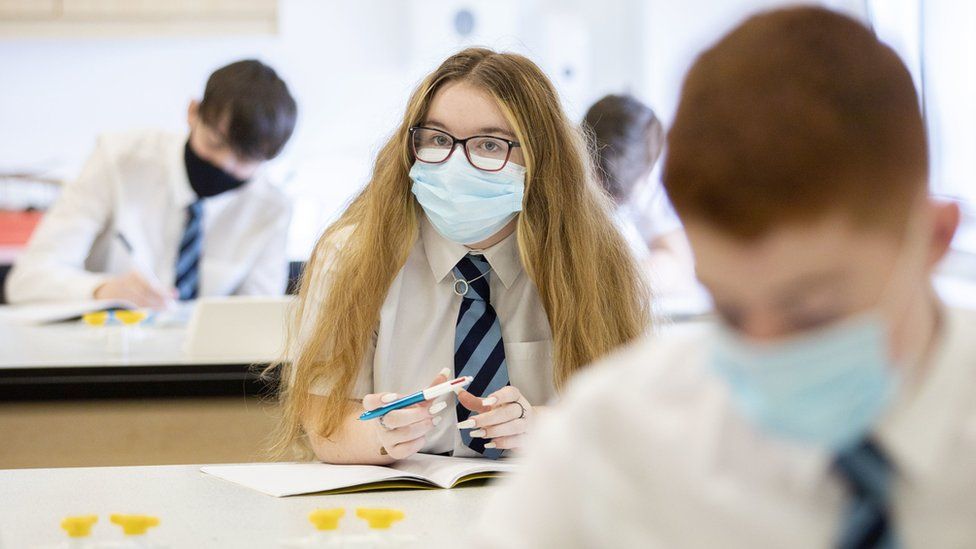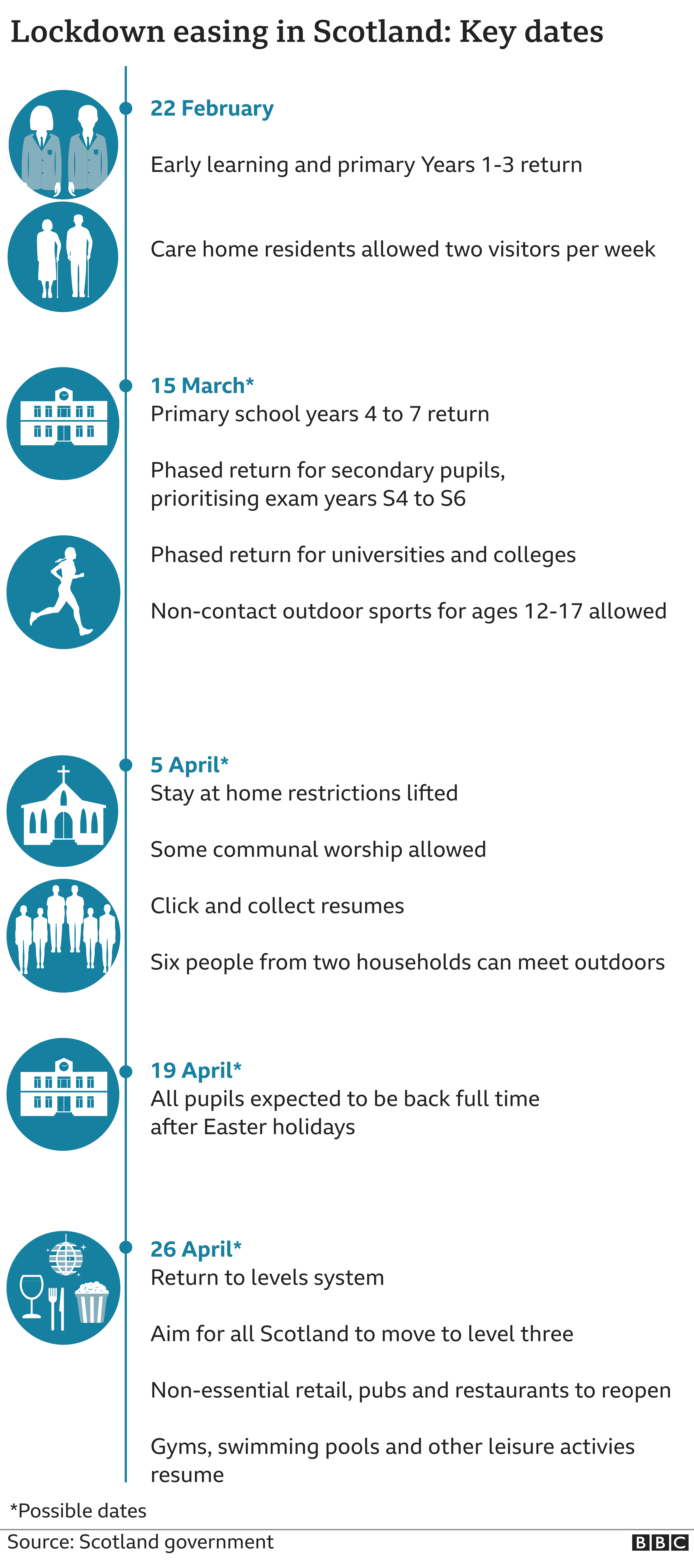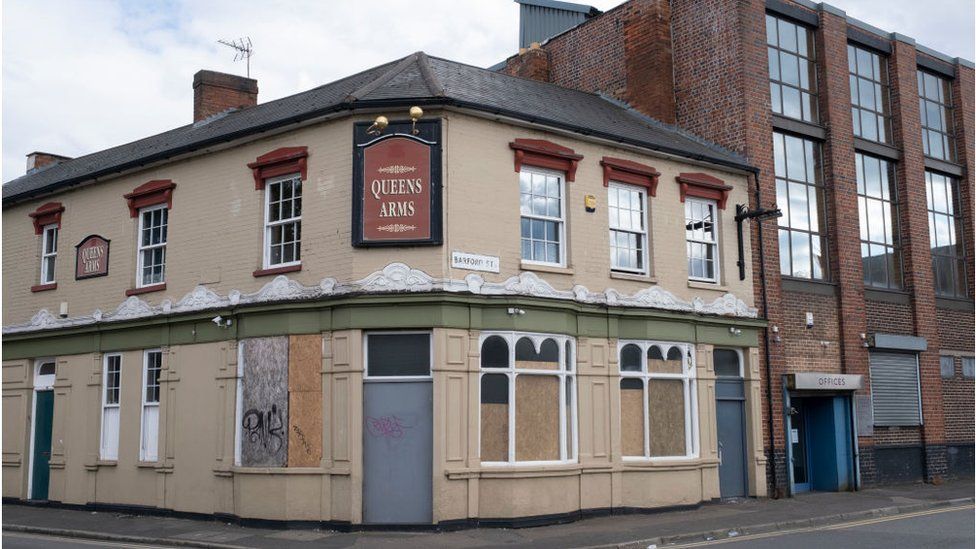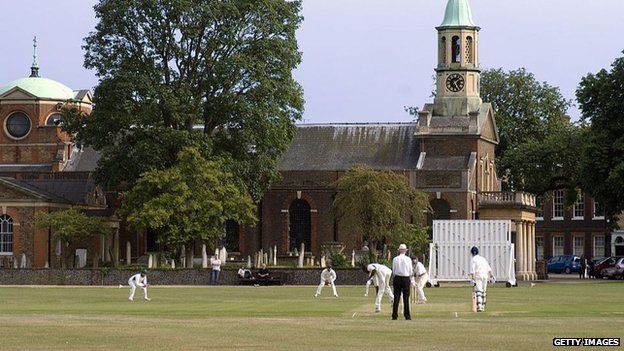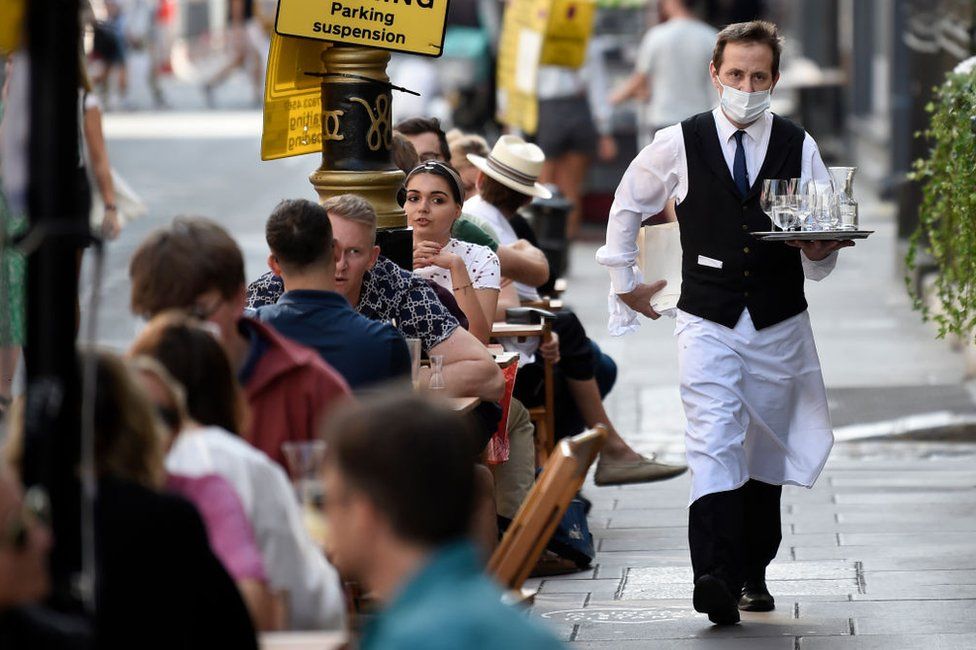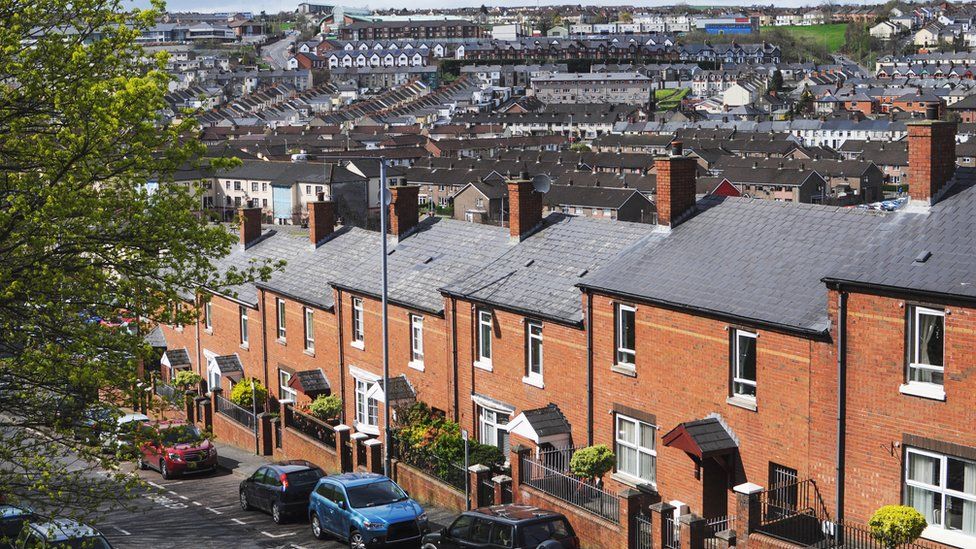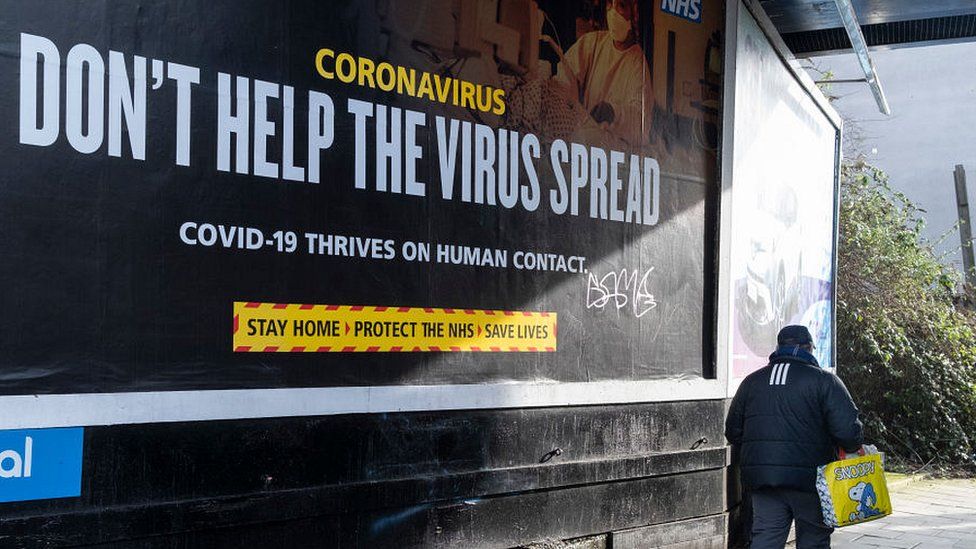Here are five things you need to know about the coronavirus pandemic this Tuesday evening. We'll have another update for you tomorrow morning.
1. Search narrows in hunt for unidentified case of Brazil variant
The search for an individual infected with the Covid variant first found in Brazil has been narrowed down to 379 households in south-east England. Health Secretary Matt Hancock said the unidentified case had been traced back to a batch of home testing kits - and each of the relevant households was being contacted. It is one of six cases of the "concerning" variant found in the UK last month. The first study of the variant suggests it is more contagious than other variants, and may evade immunity provided by past Covid infections. "We're doing all we can to stop the spread of this new variant in the UK, to analyse its effects, and to develop an updated vaccine," Mr Hancock said.
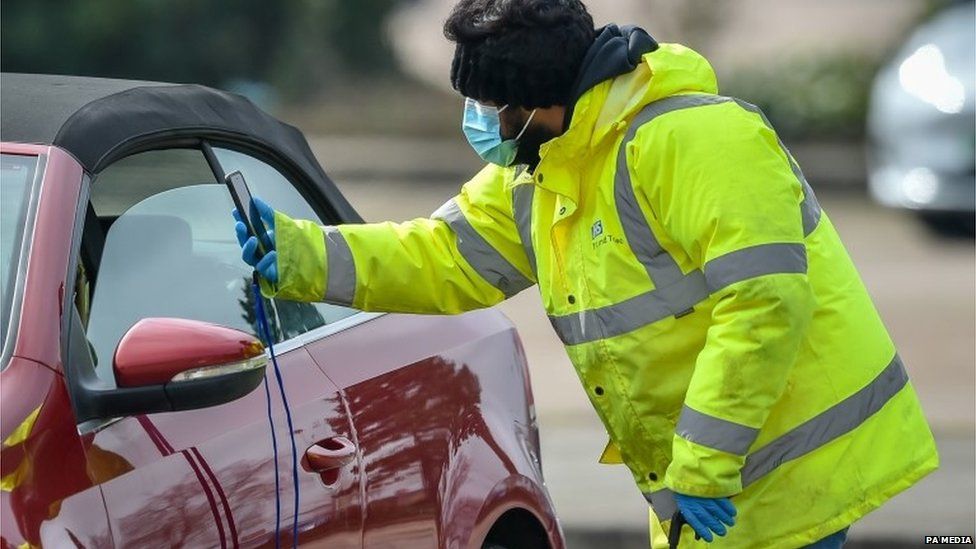

2. Part-time return for all secondary pupils in Scotland from 15 March
All secondary school pupils in Scotland will return to classrooms part-time from 15 March, First Minister Nicola Sturgeon has said. It had previously been announced that those in S1 to S3 would not return to school until April, but Ms Sturgeon said all secondary pupils will now get some in-school time before the Easter holidays. Pupils in S4 to S6 who are studying for national qualifications are being prioritised in the return, with a "clear expectation" that all pupils will return full-time after Easter. It has also been confirmed that children in primary four to seven will return full-time from 15 March. You can read more about the reopening of Scottish schools, including social distancing and compulsory face coverings, here.
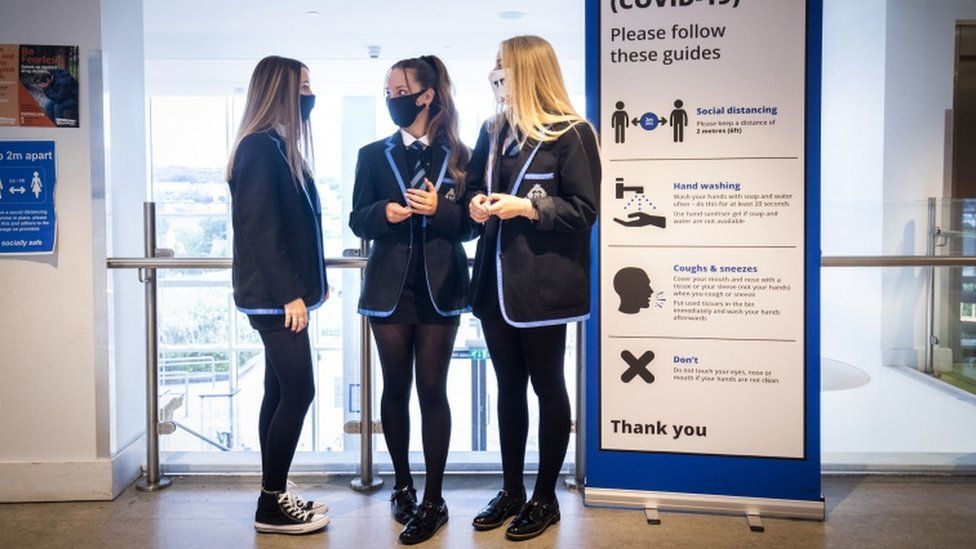

3. Details of NI lockdown exit plan revealed
Northern Ireland's plan for easing the coronavirus lockdown is "cautious and hopeful", Deputy First Minister Michelle O'Neill has said. Unlike plans announced in England, NI's blueprint does not include a timetable. Ms O'Neill said the executive's plan, published on Tuesday, would be an "underpinning insurance policy" to help protect the health service. "We must do everything we can to try to make this one the last lockdown," she added. Here is the executive's five-step plan.
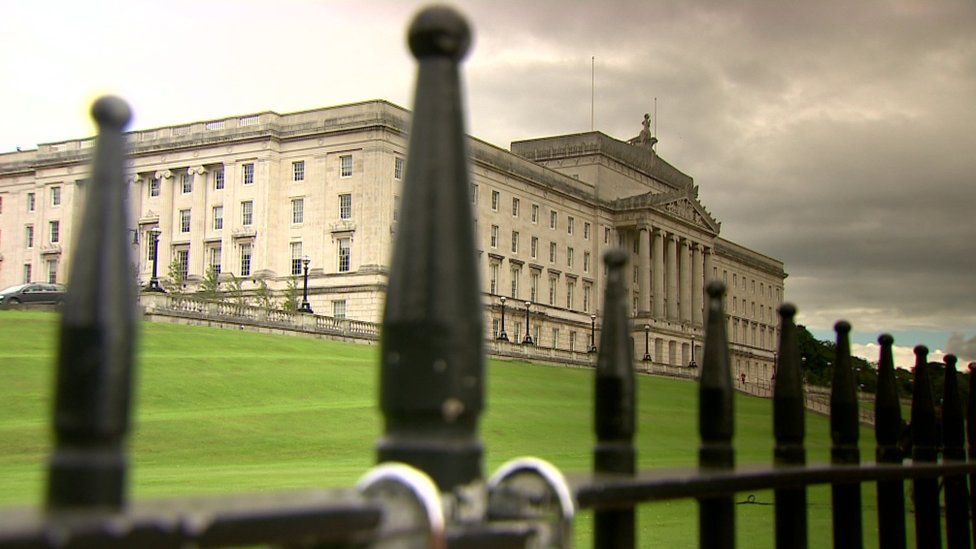

4. Furlough and VAT cut expected to continue 'while lockdown persists'
Business support including furlough and the VAT cut for hospitality firms will continue "while lockdown persists", the business secretary has said. With Covid restrictions in England set to end by June at the earliest, Kwasi Kwarteng told the BBC it was important not to "crush" any potential recovery. The £20-a-week top-up to universal credit will also be extended for six months to help struggling households, a government source told the BBC. Official figures show the UK economy contracted by 9.9% last year and unemployment rose to 5.1% in the three months to December. Chancellor Rishi Sunak will set out his plans for the economy in the Budget on Wednesday..

5. Twitter to ban users who repeatedly tweet misinformation about vaccines
Twitter is to ban users who repeatedly tweet harmful misinformation about Covid-19 vaccines. Under the scheme, users will face a lock being placed on their account - with the length of the ban determined by how many times they have posted misleading information. If a user accrues "five strikes", the account will face a permanent ban. The move brings the social network in line with several of its rivals: Facebook and Instagram announced their own pledge to close the accounts of repeat offenders a month ago and YouTube already operates a three-strike system which was revised in October. You can read more about how Twitter intends to police misinformation and the five-strikes system here.


And don't forget...
You can find more information, advice and guides on our coronavirus page.
And, ahead of tomorrow's Budget, the BBC's Ben King has been looking into how much coronavirus has cost the UK, and how we might pay it back.
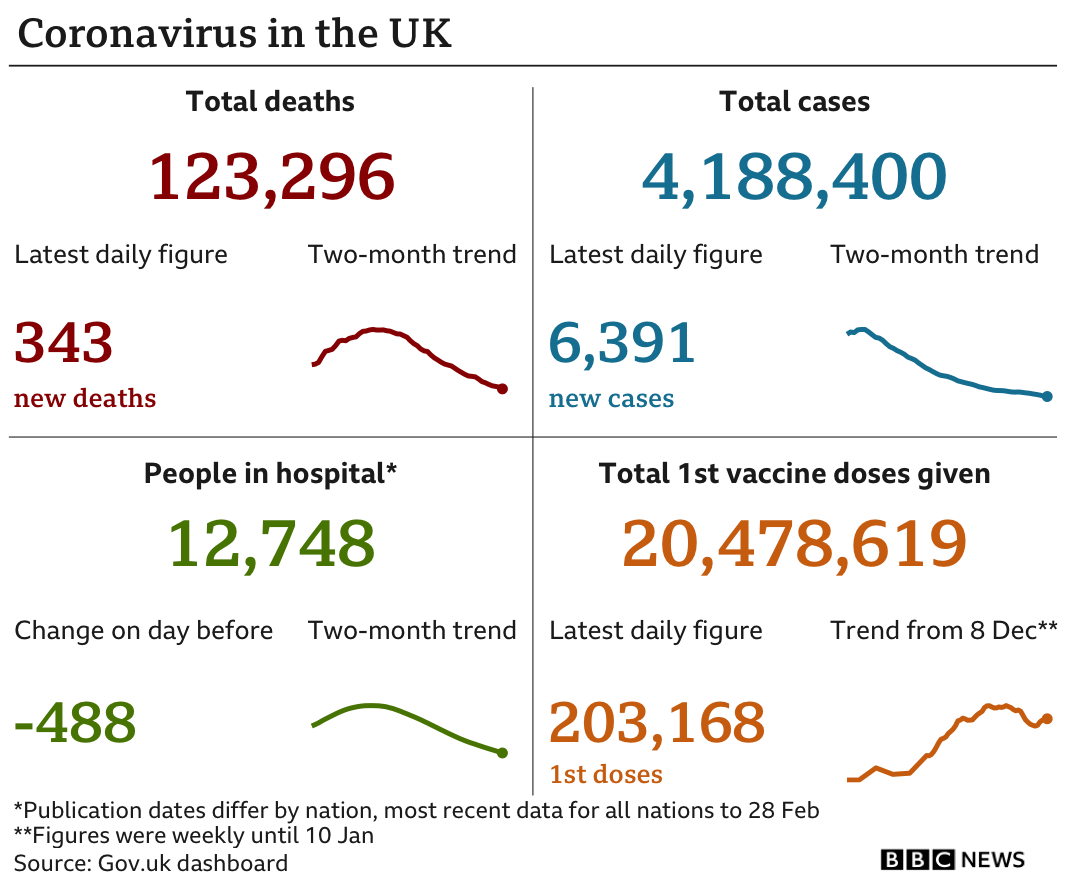



What questions do you have about coronavirus?
In some cases, your question will be published, displaying your name, age and location as you provide it, unless you state otherwise. Your contact details will never be published. Please ensure you have read our terms & conditions and privacy policy.
Use this form to ask your question:
If you are reading this page and can't see the form you will need to visit the mobile version of the BBC website to submit your question or send them via email to YourQuestions@bbc.co.uk. Please include your name, age and location with any question you send in.

- LOCKDOWN LEARNING ON BBC IPLAYER: BBC Bitesize is here to help with your homeschooling needs
- IN NEED OF A NEW SERIES TO BINGE IN LOCKDOWN?: The Serpent is a twisting, real-life story of a murderer, thief and seductive master of disguise

https://news.google.com/__i/rss/rd/articles/CBMiJmh0dHBzOi8vd3d3LmJiYy5jby51ay9uZXdzL3VrLTU2MjU1MTIx0gEqaHR0cHM6Ly93d3cuYmJjLmNvLnVrL25ld3MvYW1wL3VrLTU2MjU1MTIx?oc=5
2021-03-02 17:50:50Z
52781409729547
